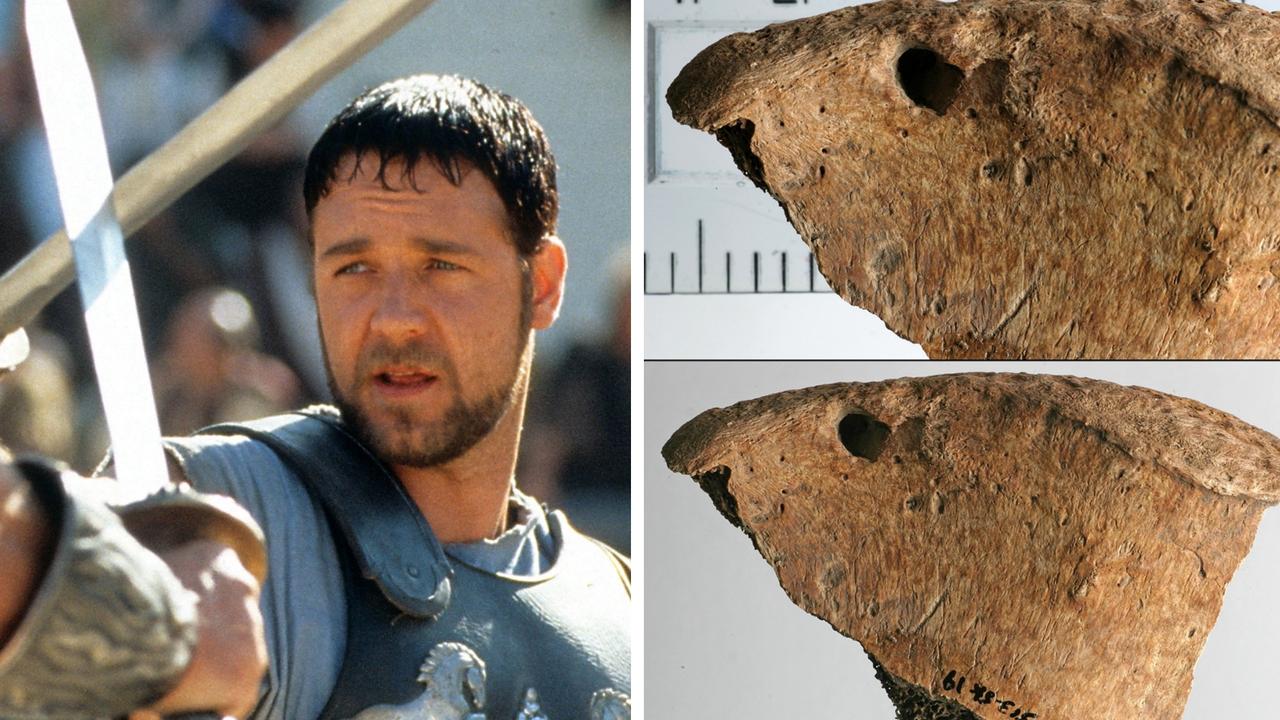New report explains Vladimir Putin’s ‘erratic behaviour’ amid Ukraine invasion
A new report speculates that the Russian President could be suffering from ’roid rage – which would explain his erratic behaviour.
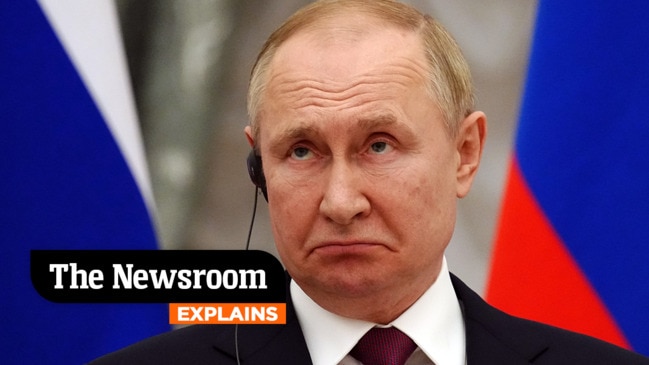
Russian President Vladimir Putin’s “increasingly erratic behaviour” could be caused by ‘roid rage or a brain disorder such as dementia, according to a new report.
People close to the Kremlin and high-up Western intelligence sources told the Daily Mail on Sunday they think there is a medical condition to explain the Russian despot’s reckless invasion of Ukraine and his other bizarre behaviour.
“There has been an identifiable change in his decision-making over the past five years or so,” an unnamed security source told the Mail.
“Those around him see a marked change in the cogency and clarity of what he says and how he perceives the world around him,” the source said, adding that Mr Putin is “simply not being briefed” now on the Russian army’s failures, the New York Post reports.
Stream the latest news on the war in Ukraine live & on demand on Flash. 25+ news channels in one place. New to Flash? Try one month free. Offer ends 31 October, 2022 >
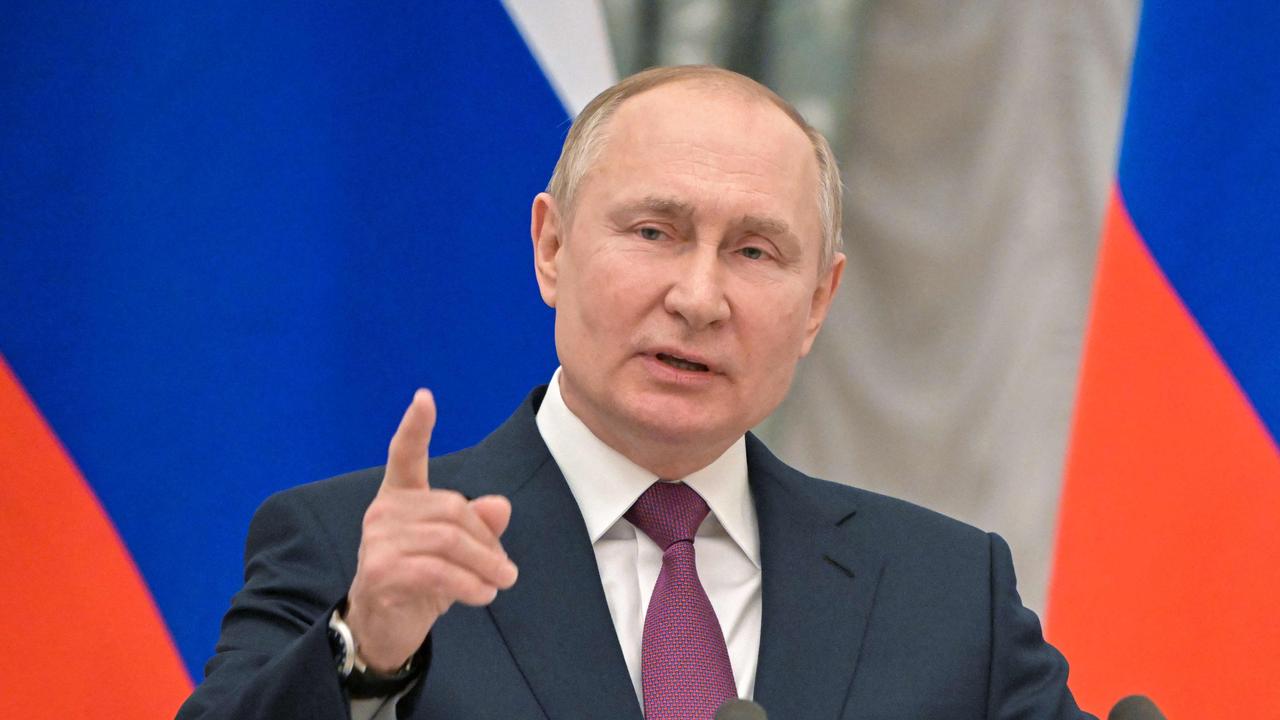
The sources speculated Mr Putin, 69, could have dementia, Parkinson’s disease or ’roid rage – from heavy steroid use for the treatment of a medical condition, which could be something like cancer.
They also cited his recent bloated appearance as evidence he may be ill.

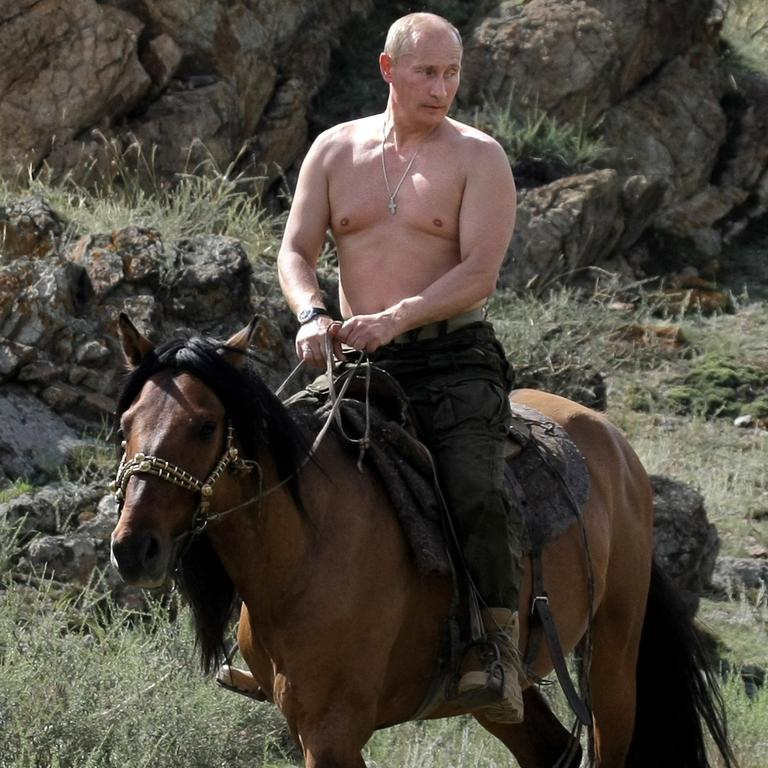
Putin is a known hypochondriac and has gone to extremes – including sitting at one end of an extremely long table, with other world leaders or his top aides at the other – to avoid getting Covid-19.
He has also been known to don a full hazmat suit to visit a Moscow hospital with coronavirus patients.
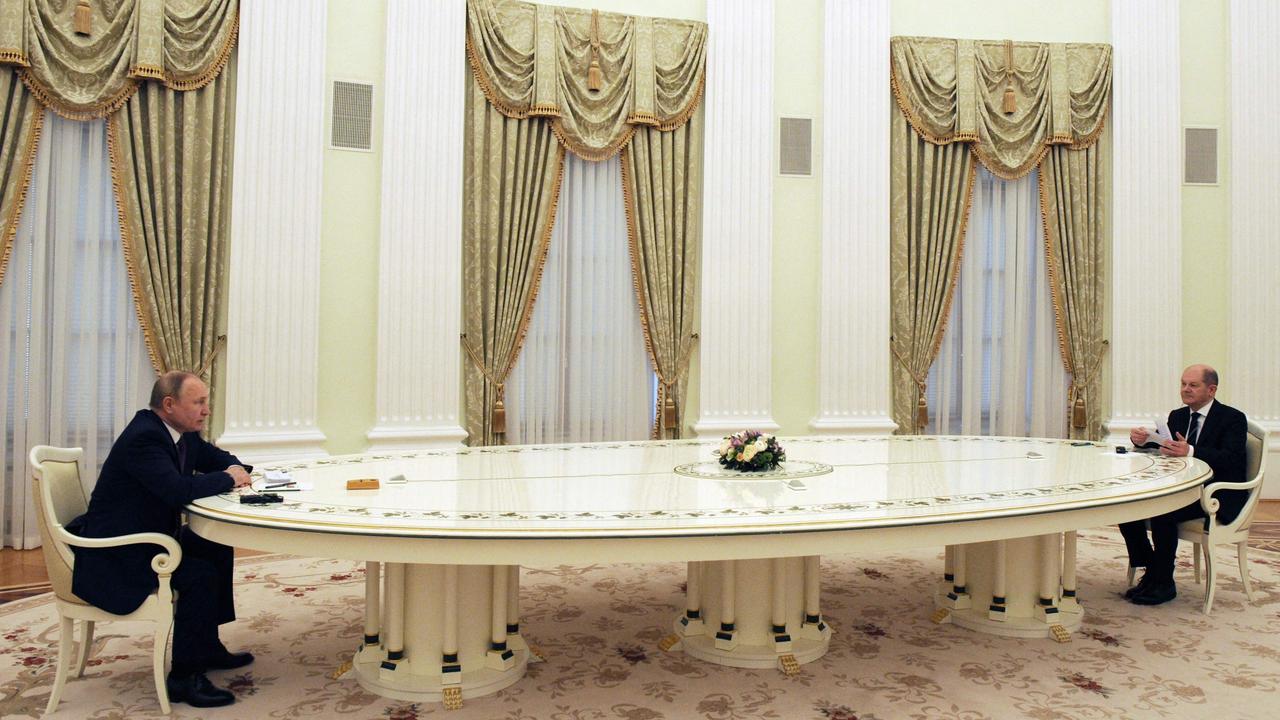
Some sources told the Mail they believe his Covid-19 safety measures stem from the possibility he has comorbidities.
Mr Putin’s strong physique and physical health have previously been a major part of how he brands himself to the Russian people and the world, famously appearing shirtless while riding a horse in 2009 in an effort to flex his vigour.
This article originally appeared in the New York Post and was reproduced with permission



